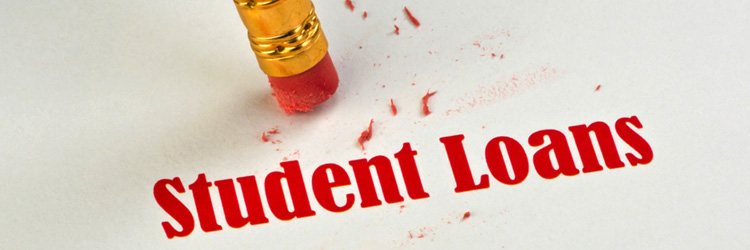You have student loans but you are no longer able to pay them? Thinking about personal bankruptcy to settle your debts? Be careful, as it could be that your student loans are not dischargeable!
Personal bankruptcy is a legal process that allows an insolvent consumer (someone unable to meet their financial obligations) to clear his debts and make a fresh start.
Non-dischargeable debts
Bankruptcy eliminates most debts, but not all. These non-dischargeable debts are usually fines, penalties, allowances and other payments specified by a sentence of a court. However, it may be that your student loans are also non-dischargeable.
The 7 years rule
In fact, your student loans will be erased in a bankruptcy only if the end of your studies dates back over 7 years.
Other debts
It is important to note that all other debts incurred during your studies (credit cards, lines of credit, car loan, etc.) are dischargeable through bankruptcy. Only student loans under the program of grants and loans are non-dischargeable.
The logic
The logic behind this law leaves room for debate but simply put, the government assumes that you have received a “good” (your education) and it would be unfair to get rid of the debt incurred. If you had used the money to buy a house, for example, you should hand over the keys to the bank. However, in the case of education, it is difficult to give back the knowledge and degree to the government.
Need help?
If you have student loans and you are looking for a solution to your debt problems, you should contact an advisor who will explain your options.



